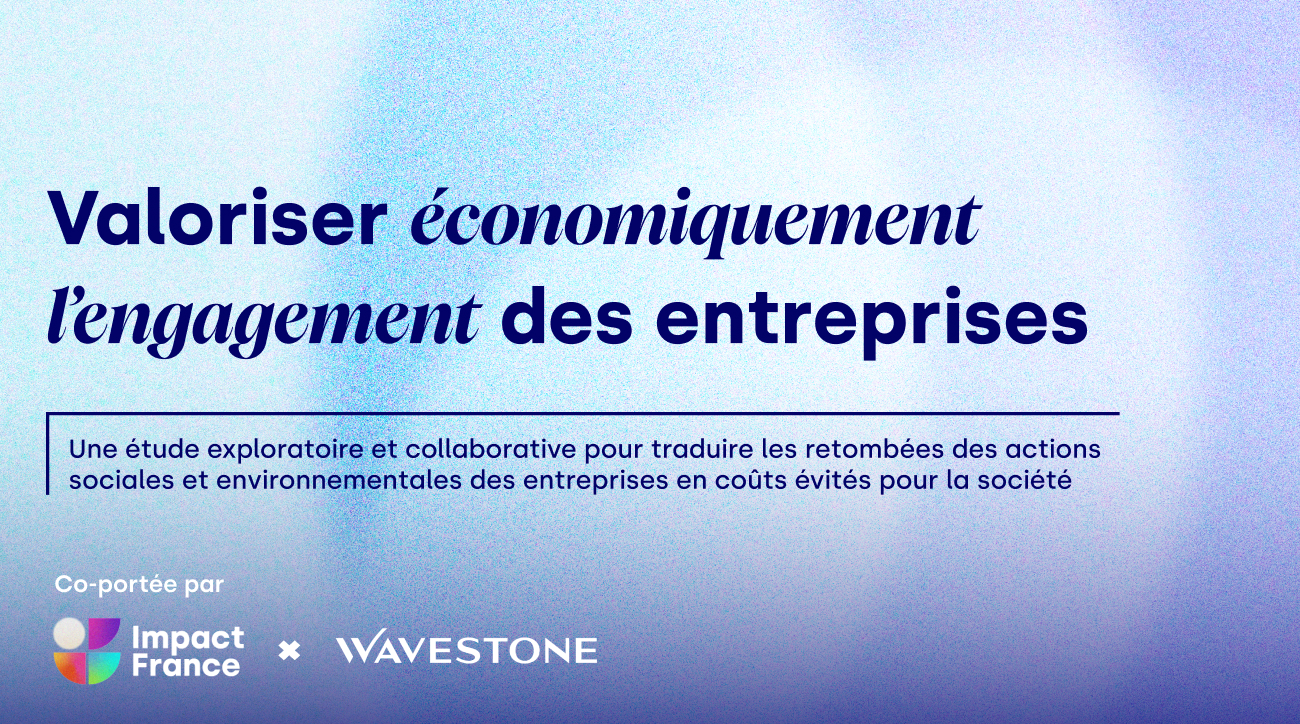Jean Moreau: "making social, ecological and solidarity-based entrepreneurship the new reference model".


At Phenix, our job is simple: to fight food waste by connecting those who have too much with those who don't have enough. From stores that have too much and for too long have been accustomed to throwing away the surplus, to consumers or associations that are often in need. For the general public, Phenix is a mobile application for recovering unsold goods at knock-down prices, and for stores, it's a support system for adjusting orders and eradicating waste at every level.
Phenix is an impact company by its very nature, with our activity being both supportive and ecological, but also with practices that are of course consistent, in terms of value sharing or the working conditions we offer our employees. Having a positive impact is not a complement to what we do, but is structural for us: the more we act, the bigger we grow, the stronger our positive impact.
At the start of Phenix, we told ourselves that we were already Impact by design and didn't need to prove anything by participating in the jungle of labels and accreditations. In 2014, it was still a rather confidential, highly administrative accreditation with little added value. It was in 2016, as we began to grow, that we applied for accreditation, a procedure fast-tracked by our funder INCO, for whom it was one of the criteria for putting a ticket in with us.
For us, the idea was to be one of these leaders, and to inspire other companies to embark on this entrepreneurial path.
Today, our status as an SSE trading company serves as a guardian for our growth: it's a very good guide for keeping our initial DNA, and not becoming distorted by the change in scale. What's more, Esus approval gives us the leeway to continue growing, while affirming our principle of limited profitability.
Since its creation, the Mouvement des entrepreneurs sociaux, then the Mouvement Impact France, has represented companies like Phenix that have adopted this approach to entrepreneurship in the public interest.
What we want to do today is to refresh this definition of social and solidarity-based entrepreneurship, to add a fully-fledged ecological dimension. We also need to promote this form of entrepreneurship, to make it better known and more widespread: this means accompanying it with real advantages, such as public procurement or taxation, but also with more controls and sanctions, so that this status is truly synonymous with positive impact.
We also aim to pollinate the rest of the economy. To do this, we need to readapt the SSE's status as a commercial company so that it is better able to embark companies on a process of transformation to comply with its criteria.

